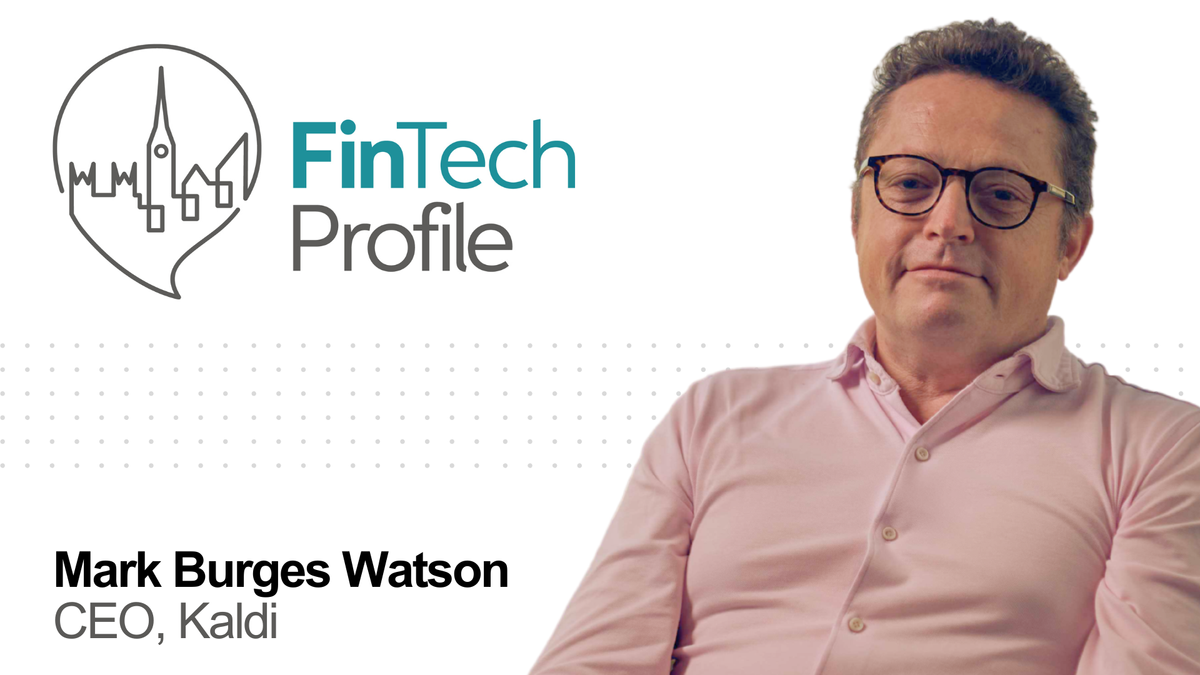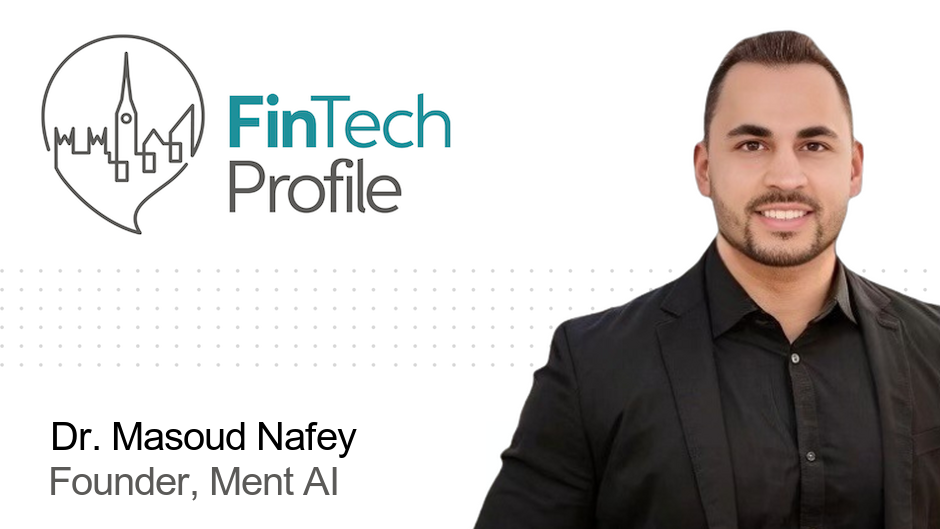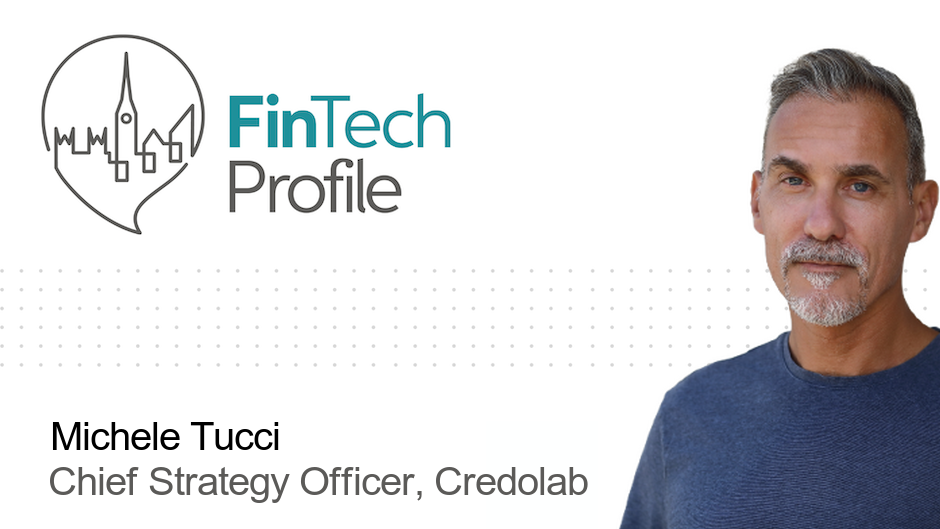Mark Burges Watson, CEO, Kaldi

Today we're meeting Mark Burges Watson, the CEO (and co-founder) of Kaldi Financial Technology. Kaldi’s mission is to transform the savings habits of Gen Z & Millennials by getting them to save earlier & better. They're building a “save while you shop” app that auto-invests cashback from 150 high street brands directly into the user’s choice of low-cost equity index fund at checkout.
Over to you Mark - my questions are in bold:
Who are you and what's your background?
I’m what’s called a ‘non-tech founder’ which is apparently the lowest form of pond life. My background is in financial services; I spent a decade at Barclays Capital and JPMorgan before setting up my own financial services boutique. We grew revenues from zero to an annualised $25m by year 4. We IPO’d the business at the end of Y4, but we got hit hard by the Global Financial Crisis, which caused the closure of about 70% of our clients (mainly hedge funds). We managed to cut costs and pivot the business model and sold 25% to Societe Generale, which kept us alive until markets improved. Eventually, we sold out entirely to one of the bigger Chinese investment banks, and I completed an earn-out and then went off to Oxford to do an Executive MBA. At Oxford, I jotted the idea for Kaldi onto a single sheet of paper (not a napkin, unfortunately) and persuaded one of my Oxford buddies with an engineering background to move from the US to the UK and start Kaldi with me.
What is your job title and what are your general responsibilities?
I am the CEO, but basically, we are Co-Founders and we split responsibilities. We have a very complementary set of skills, making the division of labour pretty straightforward. I drive the strategic planning side of the business, including sourcing key integration partners, and I’m responsible for fundraising, which many of your readers will know is basically a full-time job. We have managed to raise nearly £4m at this point despite the difficult fundraising environment.
As COO, my co-founder Justin has taken the lead on the tech side and has successfully brought a complex app to market, with minimum technical hurdles and delays. He’s also a numbers man and has built a very sophisticated model, which seems to say that we and our shareholders are going to get rich. For obvious reasons, I try to minimise any amendments to this happy prognosis!
Can you give us an overview of your business?
Kaldi’s mission is to completely re-imagine investing for the next generation by familiarising young people with the stock market at the age of 18 and giving them an easy and simple way to start investing. The UK lacks the broader investing infrastructure of the US (because we don’t have 401K plans), and much too much money is invested in low-risk Cash ISAs.
The regulatory environment has become excessively risk-averse and seems unable to grasp the social ramifications of very poor levels of pension participation and financial education, which have resulted. The top 10% in the UK is extremely well catered for by Europe’s best financial services ecosystem but the rest are left languishing. We boldly say there has to be a better way. We have created an investment app with an embedded payment tool, which allows young people to shop at more than 150 UK retailers and ‘auto-invest’ their retail rewards seamlessly at the checkout. This creates a strong ‘pull factor’ and allows us to start helping them with some very general handy hints around investing.
Our ‘Social Saving’ functionality enables families to help the next generation start on the savings/investing journey; grandparents can gift their cashback at PoS and direct it into a grandchild’s J-ISA, for example. It’s easy to send small sums to family members or boost your earning power with referrals. Investors have an easy-to-navigate, easy-to-understand set of 10 possible investments, ranging from lower to higher risk.
Tell us how you are funded.
We did spend some time engaging with VCs early in the journey but concluded that it wasn’t going to work for us. It’s hard to sit in a meeting with someone half your age who hasn’t read your deck properly being told why they don’t think your business will work. For very early-stage businesses, you really need to be a founder from one of the established eco-systems (usually around previous unicorns or near unicorns), or you need to fit the bill for what they are investing in. That seemed to pivot from Fintech to Greentech, to ‘Just in Time’ Delivery solutions before going all in on AI. Certainly, fintech was out of favour because of rising interest rates, and D2C fintech even more so. So, we set about building our own angel network to fund the growth of the business. Our angel investors have put in more than £2m to date. A few of them made decent money when we IPO’d my last business, so I am sure that has also helped.
Who are your target customers? What’s your revenue model?
Our target customers are Gen Z and Millennials, especially those with a clear savings goal in mind (like saving up the deposit on a house) but who are unsure about how to get started. We have ensured that we have attractive offers at their favourite retailers, and that the whole app is designed with accessibility in mind. In the long term, the really valuable revenue stream will accrue from the very small annual AUM-based account fee that we charge, but this is a slow burn. In the meantime, we take a share of all the retail discounts we offer on our app – every time someone shops at one of our retailers, we are paid – instantly.
If you had a magic wand, what one thing would you change in the banking and/or FinTech sector?
I would restore the long-lost principle of competition to the sector and move it away from the current ‘box ticking’ culture, which seems to me to have had very little positive impact on consumer outcomes but has driven the City of London into the ground over the last decade. Ultimately, you lower costs to the consumer through competition. Still, red tape and excessively high regulatory costs have made it difficult for new entrants to take any meaningful bite out of incumbents.
What is your message for the larger players in the Financial Services marketplace?
I don’t really have any message for them, and I can’t imagine that they will listen to me for a moment. I suppose I would implore them – as growth is rightly reprioritised – not to embark on a new leverage-driven bubble. The 2008 GFC caused incalculable damage to the UK economy and to the lives of its inhabitants, and some very greedy people basically got away scot-free. Unfortunately, it also unleashed a tidal wave of bureaucracy and micromanagement into the economy, which is why the economy of 2025 is almost unrecognisable to someone like me who remembers the UK in the late 1990s.
Where do you get your Financial Services/FinTech industry news from?
Anywhere that is basically free! I am very curious about the world around me – if you have a curious mindset, you don’t really have to dig very far.
Can you list three people you rate from the FinTech and/or Financial Services sector that we should be following on LinkedIn, and why?
LinkedIn is becoming a rather dull virtue-signalling eco-chamber. It’s great when you find people with something value-added to say and who have been so manifestly successful in their own business.
- Dr. Chris Donegan is full of wisdom. He feels pretty full-time on LinkedIn, but his content is always stimulating and interesting.
- I am also a big fan of Marcus Ashworth of Bloomberg News. He is one of those rare beasts with an intuitive understanding of financial markets. It’s just super annoying that most of his best stuff is behind a paywall.
- Bob Lyddon has unfashionable views on the Eurozone and banking innovation in general. He’s a heterodox thinker who knows what he’s talking about. You don’t have to agree with him to learn from his deep insights.
What FinTech services (and/or apps) do you personally use?
I have a very old-fashioned relationship with my bank, which causes endless amusement for my wife. I use Kaldi (of course) as I love bargains, and it is amazing how quickly savings add up.
What’s the best new FinTech product or service you’ve seen recently?
I am hugely impressed with the Flagstone (website) product – I think it is a total game-changer. They are an excellent team and have executed superbly.
Finally, let's talk about predictions. What trends do you think are going to define the next few years in the FinTech sector?
I think we have to hope that competition wins out over regulation, or London will become a financial backwater. The world moves on with no time for people who can’t get on the progress bandwagon. The UK has known for 5+ years what needs to be done to restore competitiveness in financial services – it just hasn’t done it. Another key trend will be the extent to which the regulators can improve the quality of their thinking. The recent APP fraud regulations are the latest in a long line of poorly thought-through ideas. These all have a cost. Finally, I think it will be very interesting to see if the challenger banks can finally break the incumbent monopoly on PCAs (current accounts). There’s been a lot of circling the walls and blowing horns, but so far, there’s no sign of a decisive breakthrough. I think the UK financial system needs at least some element of changing the guard. The last 50 years have seen an astonishing stasis.
Thank you very much Mark!
You can read more about Mark on LinkedIn and find out more about his company Kaldi Financial Technology at https://www.kaldiapp.co.uk/.




